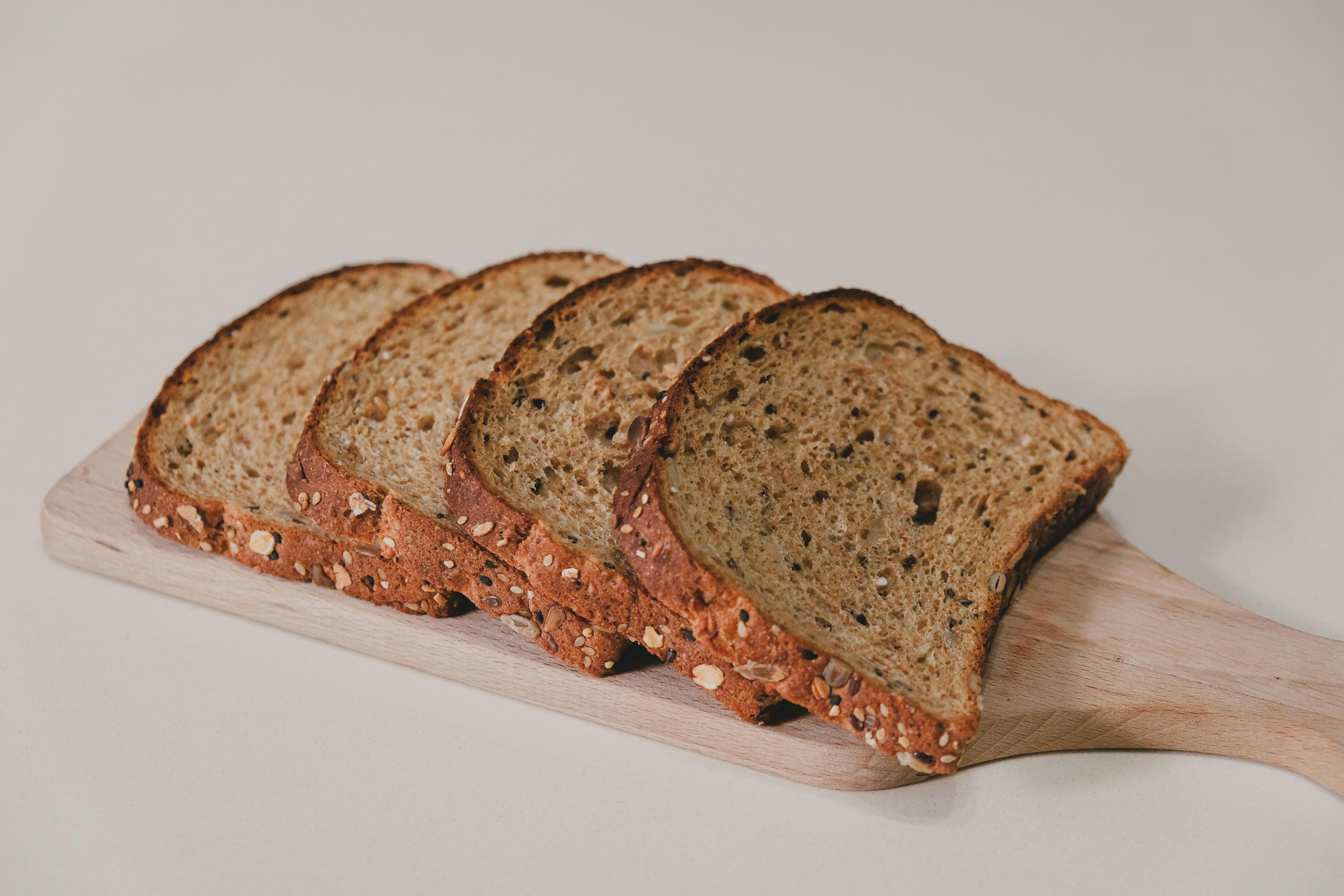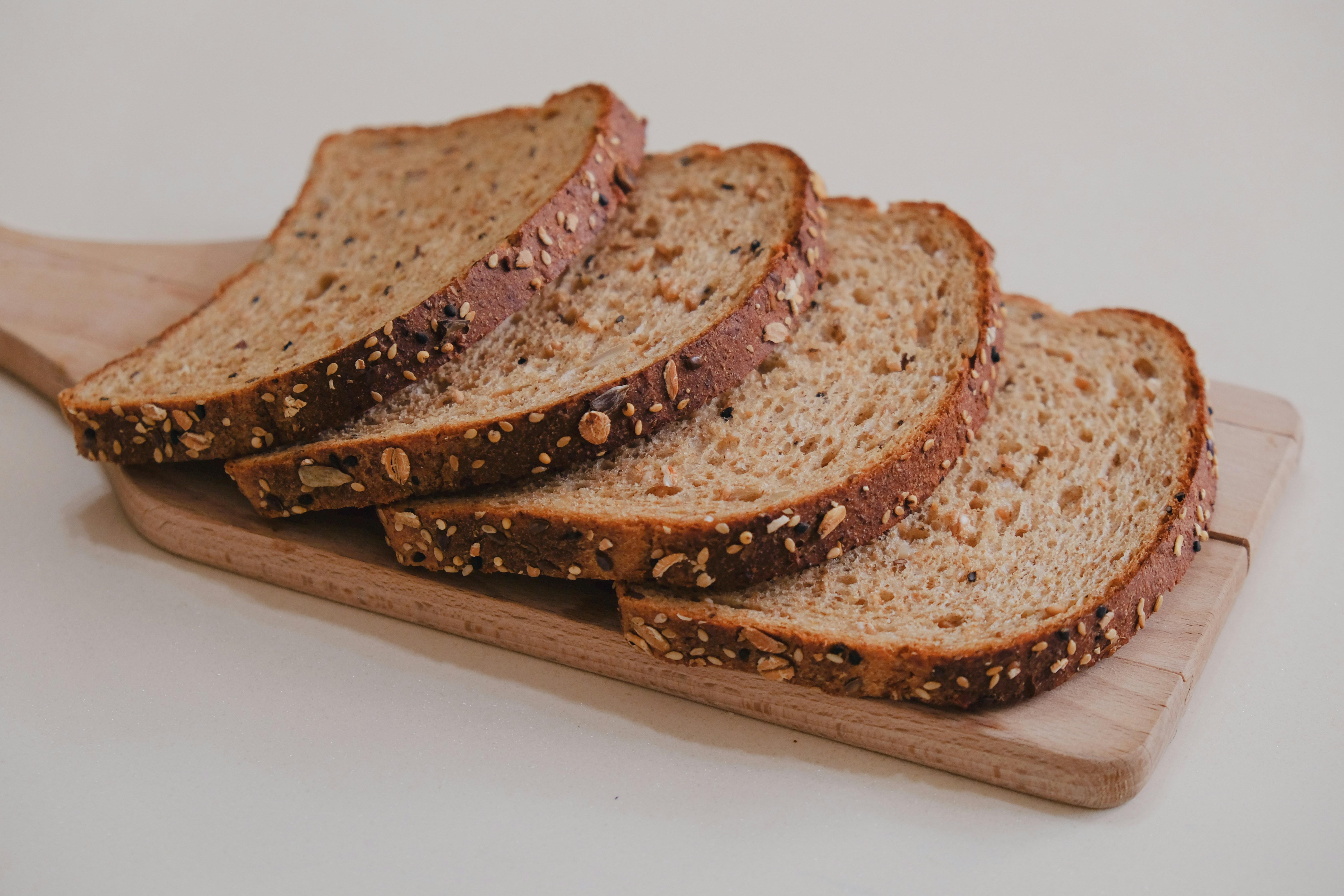In the vast landscape of nutritional advice, whole grains have long stood as a pillar of a balanced diet, revered for their myriad health benefits and essential nutrients. Yet, as athletes and fitness enthusiasts strive to optimize their performance, a pressing question emerges: are whole grains truly indispensable for those seeking to push the limits of their physical capabilities? This inquiry invites us to delve beyond conventional wisdom, exploring the intricate dance between dietary choices and athletic excellence. In this article, we embark on a journey through the world of high-performance diets, examining the role of whole grains in fueling the body, enhancing recovery, and ultimately, determining whether they are a necessary component or merely one option among many in the quest for peak performance.
Unlocking Nutritional Power: The Role of Whole Grains in Athletic Performance
Whole grains are a cornerstone of any balanced diet, particularly for athletes seeking to optimize their performance. Packed with complex carbohydrates, they provide a steady and sustained energy source essential for endurance and recovery. Unlike refined grains, whole grains retain their nutrient-rich bran and germ, offering a robust profile of fiber, vitamins, and minerals. This not only supports digestive health but also plays a crucial role in maintaining stable blood sugar levels, which is vital for athletes during intense training sessions.
- Oats: A fantastic option for breakfast, they are rich in beta-glucan, a type of soluble fiber that enhances satiety and improves cholesterol levels.
- Quinoa: Known for its high protein content, quinoa contains all nine essential amino acids, making it a complete protein source.
- Brown Rice: A versatile grain that provides magnesium, a mineral important for muscle function and energy production.
- Barley: High in soluble fiber, it aids in reducing inflammation and enhancing heart health.
Integrating these grains into a high-performance diet can help athletes harness their full potential, fueling their bodies efficiently while promoting overall health. By choosing whole grains, athletes can ensure they are not only meeting their energy needs but also fortifying their bodies with the essential nutrients required for peak performance.

Balancing Act: Whole Grains Versus Refined Carbs in a High-Performance Diet
In the realm of high-performance diets, the debate between whole grains and refined carbs often takes center stage. Whole grains, such as quinoa, brown rice, and oats, are packed with nutrients and fiber, promoting sustained energy release and digestive health. They are often celebrated for their ability to keep athletes and fitness enthusiasts feeling fuller for longer, reducing the urge for unhealthy snacking.
On the other hand, refined carbs, found in foods like white bread and pasta, offer quick energy bursts, which can be advantageous during intense workouts or competitions. However, they lack the nutritional depth of their whole grain counterparts. When designing a high-performance diet, consider these factors:
- Energy Needs: Tailor your carb intake to match your activity levels and energy expenditure.
- Digestive Comfort: Opt for foods that agree with your digestive system, especially before events.
- Recovery: Balance refined carbs with protein post-exercise to aid muscle recovery.

Nutrient Density and Energy: How Whole Grains Fuel Elite Athletes
Whole grains are a powerhouse of nutrition, offering an impressive array of vitamins, minerals, and fiber that play a pivotal role in fueling elite athletes. These nutrient-dense foods provide a steady release of energy, essential for sustaining peak performance levels. Complex carbohydrates found in whole grains like quinoa, brown rice, and oats are crucial for replenishing glycogen stores, ensuring athletes have the endurance to excel in their sports. In addition to carbs, whole grains are rich in B vitamins, which are vital for energy production and red blood cell formation, further supporting athletic performance.
Beyond energy, whole grains contribute to overall health, which is paramount for athletes looking to maintain their competitive edge. They are loaded with antioxidants and phytonutrients, which help reduce inflammation and oxidative stress, common challenges faced by those in high-intensity sports. Whole grains also provide essential minerals such as magnesium, selenium, and iron, which are critical for muscle function and recovery. For athletes, incorporating whole grains into their diet can mean the difference between a good performance and a great one, making them an indispensable component of high-performance nutrition.
- Complex Carbohydrates – Steady energy release
- B Vitamins – Energy production support
- Antioxidants – Reduce inflammation
- Essential Minerals – Enhance muscle function

Tailoring Your Diet: When and How to Incorporate Whole Grains for Optimal Results
Incorporating whole grains into your diet can be a game-changer for those seeking to enhance their performance. Whole grains are rich in essential nutrients like fiber, vitamins, and minerals, which are crucial for maintaining energy levels and supporting overall health. To maximize the benefits, timing and selection are key. Start by introducing whole grains at breakfast; options like oatmeal or whole-grain toast provide a solid foundation for the day, offering sustained energy and preventing mid-morning crashes.
Consider these strategies for integrating whole grains effectively:
- Balance and Variety: Combine whole grains with lean proteins and healthy fats to create balanced meals.
- Pre- and Post-Workout: Whole grains like quinoa or brown rice are excellent choices for pre-workout fuel or post-workout recovery, offering complex carbohydrates that replenish glycogen stores.
- Snack Smart: Opt for whole-grain snacks such as popcorn or whole-grain crackers to keep energy levels steady throughout the day.
By thoughtfully incorporating whole grains into your diet, you can enhance your performance while enjoying a diverse array of flavors and textures.
